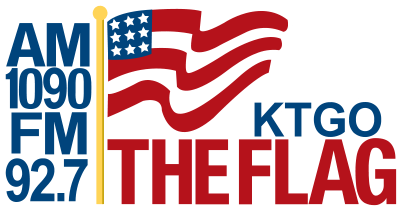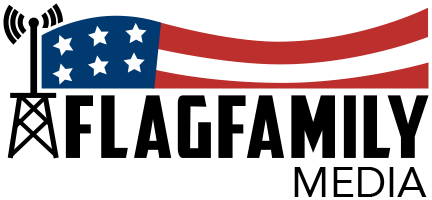(Bismarck, ND) -- State School Superintendent Kirsten Baesler said educators will review the progress of North Dakota’s Native American Essential Understandings school instructional project at the state’s annual Indian Education Summit this week.
The summit is taking place Thursday and Friday at the state Capitol and the neighboring North Dakota Heritage Center. Lucy Fredericks, the Department of Public Instruction’s director of American Indian and multicultural education, said Tuesday that 169 people have registered to attend the event in person, the summit’s largest expected attendance ever. It will include 27 group breakout sessions, about subjects ranging from literacy instruction, strategies for school improvement, encouraging use of the Lakota language, using Native cultural teachings in the classroom, and promoting good mental health among Native youth.
Fredericks said more than 10 percent of North Dakota’s K-12 enrollment is Native American. “Including curriculum in our classrooms that speaks to the culture of our Native American students is essential to helping them learn.”
The summit will feature speeches by a representative of the North Dakota Indian Youth Leadership Academy and by state Rep. Ruth Buffalo, D-Fargo, a member of the Mandan, Hidatsa and Arikara Nation, who will speak on “Native American Education for All.”
Earlier this year, the North Dakota Legislature approved a bill that requires North Dakota studies instruction in elementary school to include an emphasis on the state’s federally recognized Indian tribes: the Mandan, Hidatsa and Arikara Nation; the Standing Rock Sioux; the Spirit Lake Nation; the Turtle Mountain Band of Chippewa; and the Sisseton Wahpeton Oyate Nation.
Breakout sessions will explore the progress of the North Dakota Native American Essential Understandings initiative, which Baesler began in 2015. It provides information about the history, culture and traditions of North Dakota’s tribes, including a resource document for classrooms and a website with interviews of tribal elders.
“All of our North Dakota students should know the history of the Native people who came before us, and how they contribute to our state today,” said Baesler. “We continue to work to promote this awareness, and to provide our teachers with the materials they need to do this.”




